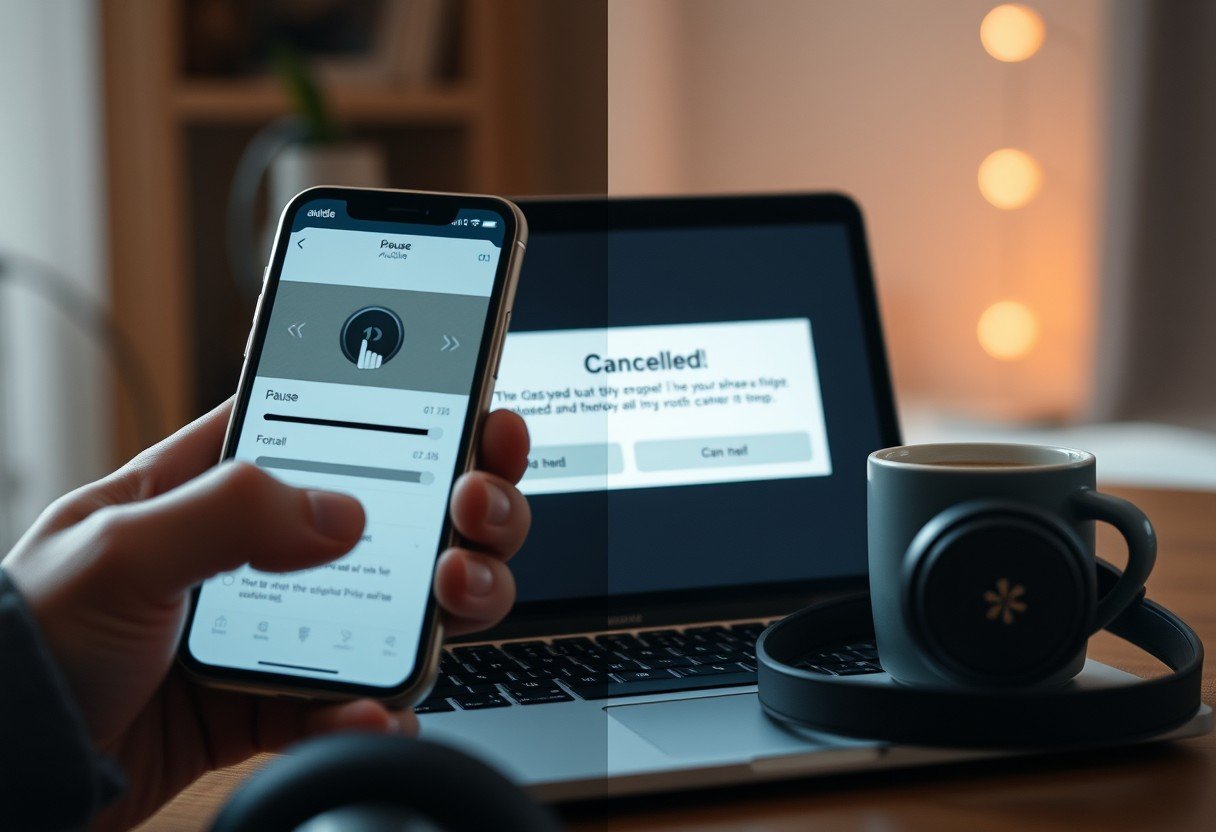Paying someone else’s property taxes in Alabama is legally allowed, but it’s a decision that comes with significant strings attached. Whether you’re helping a family member avoid foreclosure or considering it as an investment, you must understand the process. This act does not grant you ownership of the property and carries financial risks if not handled carefully. Before you write a check, it’s crucial to know the legal implications, necessary steps, and potential consequences.
The Legal Side of Paying Another Person’s Taxes
When you pay property taxes for someone else in Alabama, the law views it as you fulfilling their financial obligation. This generous act does not automatically give you any rights or a stake in the property.
The original owner maintains full legal ownership. This is a critical point to understand because, without a separate legal agreement, you have no claim to the property or a legal right to be paid back. The payment is seen simply as a gift or a private arrangement.
Therefore, it is crucial to have a clear understanding and agreement with the property owner before deciding to pay their property taxes. Without proper communication and written documentation, you open the door to misunderstandings or legal battles down the road. An informal promise of repayment may not be enforceable in court.
Weighing the Risks and Potential Rewards
Deciding to pay someone’s property taxes involves a careful balance of potential downsides and upsides. The primary risk is financial loss. If the property owner is struggling with taxes, they may have other debts. This could lead to foreclosure from a mortgage lender, and you might never get your money back.
There is no guarantee that the property owner will reimburse you. You are taking on the risk of their financial instability without gaining any control over the asset you are helping to protect.
On the other hand, the benefits can be significant. You could be helping a relative or friend keep their home, which is a noble and charitable act. This can also build tremendous goodwill and trust. In some cases, it can be part of a real estate investment strategy, but that usually involves more complex processes like purchasing tax liens, which is different from simply paying the bill.
| Potential Risks | Potential Benefits |
| No guarantee of repayment from the owner. | Prevent foreclosure for a friend or family member. |
| You gain no ownership or rights to the property. | Build goodwill and a positive relationship. |
| The property could still be lost to other creditors. | Can be part of an agreed-upon investment or loan. |
A Step-by-Step Guide to Paying the Taxes
If you’ve weighed the risks and decided to proceed, following the correct steps is essential to protect yourself as much as possible. Rushing into this without proper diligence can lead to complications.
- Research Property and Tax Details: The first step is to gather all the facts. Visit the tax assessor’s website for the county where the property is located. You need to verify the property owner’s name, the exact amount of taxes owed, and any pending deadlines or penalties.
- Get Consent and a Written Agreement: You must have the property owner’s permission. Approach them, explain your intentions, and get their consent. Crucially, you should draft a formal agreement that outlines the terms of your payment. This document should include the amount you will pay and the specific terms for reimbursement, including any interest.
- Make a Trackable Payment: When you pay the taxes, avoid using cash. Use a method that provides a clear paper trail, such as a cashier’s check or an online payment that generates a receipt. Make sure the payment is made directly to the county tax collector’s office.
- Keep All Documentation: Retain copies of everything. This includes your written agreement with the owner, the receipt or confirmation of your payment, and any other related correspondence. These documents are your only proof that you paid the taxes on the owner’s behalf.
What are the Financial Consequences?
Paying someone else’s property taxes directly exposes you to financial liabilities. While your intentions may be good, you are willingly taking on a risk with no guaranteed return on your investment.
The most significant consequence is the potential loss of your money. If the property owner does not repay you, your legal options to recover the funds in Alabama may be limited and costly to pursue, especially without a strong written agreement.
Furthermore, your payment does not shield the property from other financial troubles. You could pay the taxes, only for the property to enter foreclosure a month later due to an unpaid mortgage. In that scenario, your payment is likely lost for good.
How does This Affect Property Ownership Rights?
It is essential to be perfectly clear on this point: paying property taxes for another person in Alabama does not grant you any ownership rights. You are not buying a share of the property; you are simply covering a debt. The property title remains unchanged and is still in the original owner’s name.
Your action helps the current owner maintain their rights and control over the property. You do not gain any say in what they do with it. They can sell it, refinance it, or acquire other liens against it without your permission. Before helping someone else, always make sure your own financial obligations, including your own property taxes, are securely managed.
Why You Should Talk to a Lawyer First
Given the potential legal and financial risks, consulting with a legal professional is a highly recommended step. An attorney can provide essential guidance tailored to your specific situation and help you navigate Alabama’s property laws.
A lawyer is invaluable for several reasons:
- They can draft a legally binding agreement or promissory note to ensure you have a clear path to reimbursement.
- They will help you fully understand all potential risks and worst-case scenarios before you commit any money.
- They can conduct a title search to see if there are other liens or claims against the property that could jeopardize your investment.
Seeking professional advice is a small investment that can protect you from a much larger financial loss. It ensures that your generous act doesn’t turn into a costly mistake.
Frequently Asked Questions about Paying Property Taxes
Can I claim ownership of a property by paying its taxes in Alabama?
No, paying someone else’s property taxes in Alabama does not grant you ownership rights. Ownership is only transferred through a legal process involving a deed or title change.
Do I need the owner’s permission to pay their property tax?
Yes, it is essential to obtain the property owner’s consent. Paying without their permission can lead to legal complications, as property taxes are their legal responsibility.
What is the main benefit of paying someone’s property tax?
The primary benefits are helping the property owner avoid penalties, a tax lien, or foreclosure. It can be a charitable act to help someone keep their home and can also build a positive relationship between you and the owner.
What is the biggest risk of paying someone else’s taxes?
The biggest risk is financial loss. There is no guarantee the property owner will repay you, and you have limited legal options to recover your money without a formal agreement.
How can I protect myself financially if I choose to do this?
The best way to protect yourself is to have a formal, written agreement signed by the property owner. This document should clearly state the amount paid and the terms for repayment.
Where do I go to pay someone else’s property taxes in Alabama?
You would make the payment to the local tax collector or revenue commissioner’s office in the county where the property is located. Most counties offer online, mail-in, or in-person payment options.






Leave a Comment